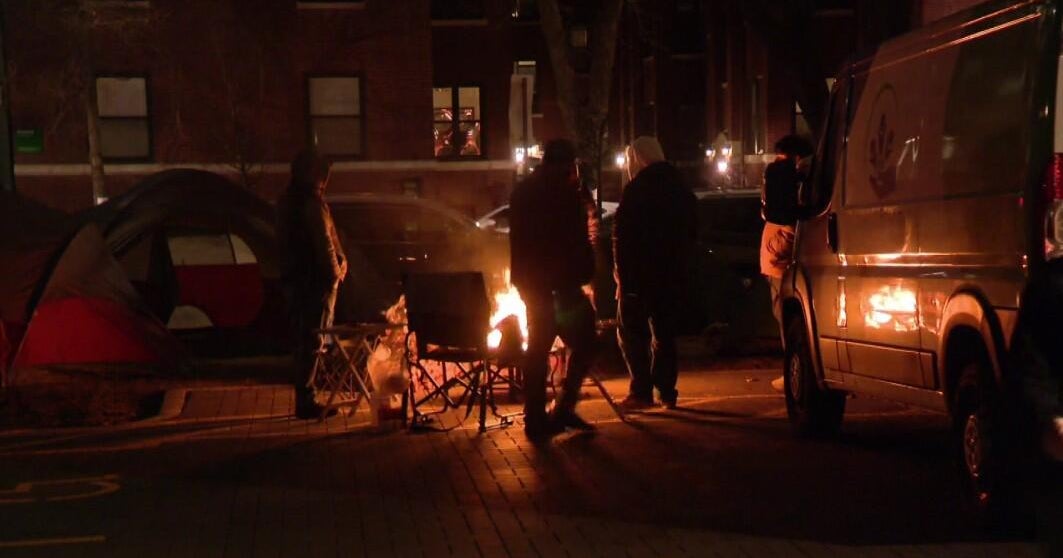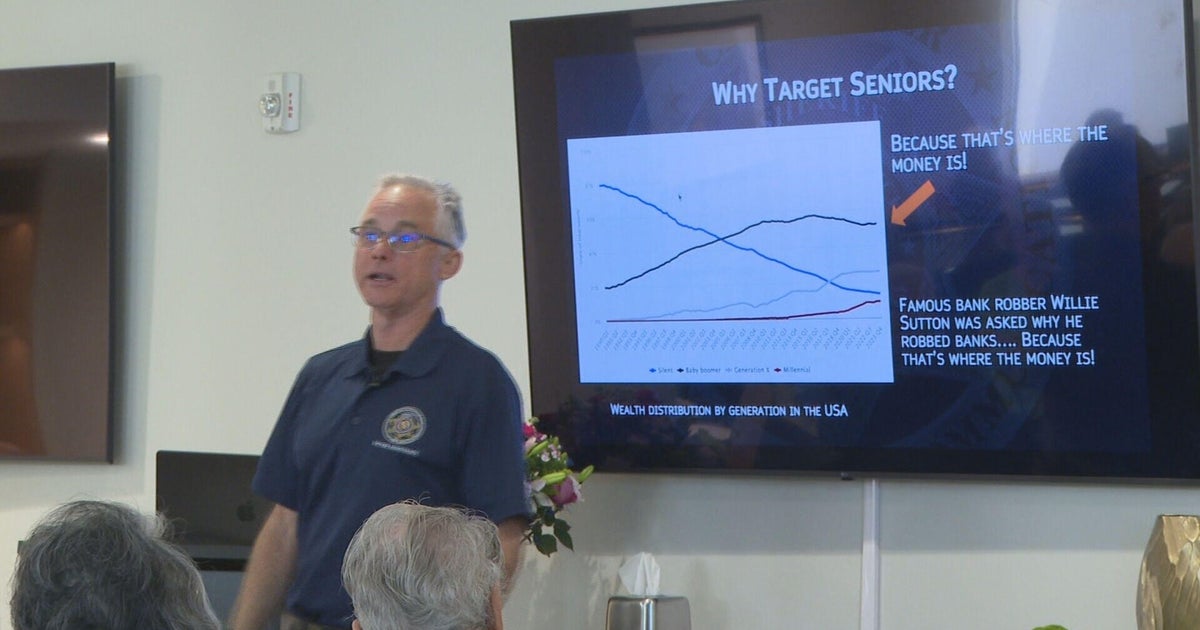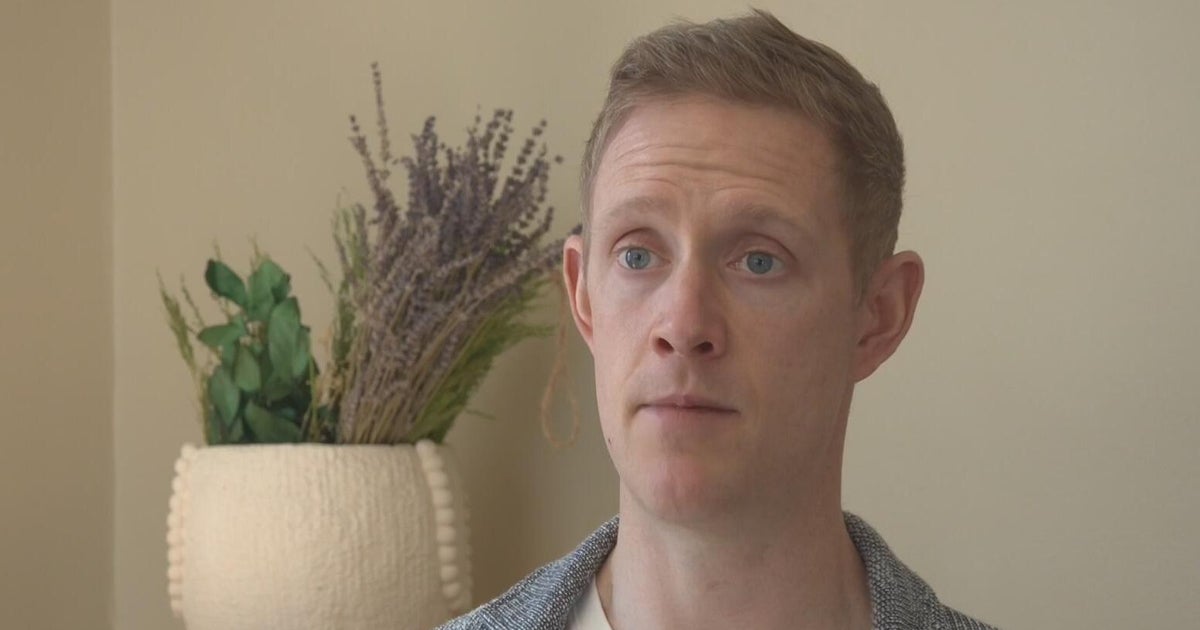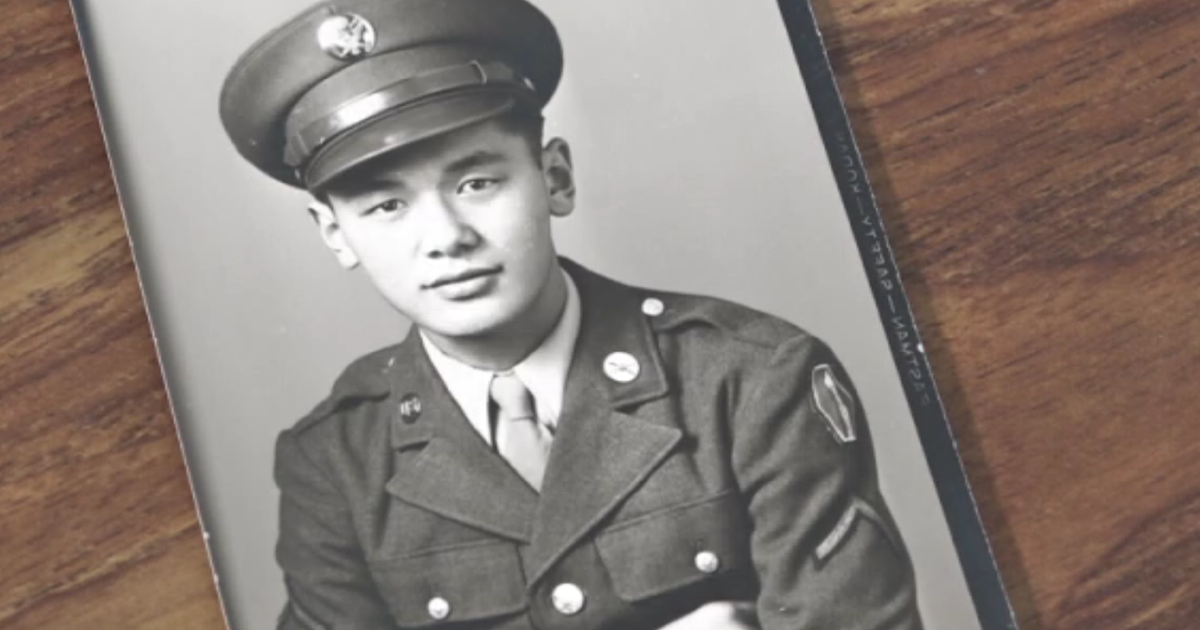Some Breast Cancer Survivors Express Concern Over 'Pinkwashing': Companies Sell Pink Products To Raise Awareness, But Don't Donate Much
NEW YORK (CBSNewYork) -- October is Breast Cancer Awareness Month, often filled with pink symbols of support and pink ribbons.
But a group of survivors say with that is a "pink elephant" in the room -- their suffering is fueling sales, and not enough research, CBS2's Lisa Rozner reported Wednesday.
Trish Michelle of Rosedale, Queens was diagnosed with breast cancer at 36.
"I found my lump in 2016 and had no history whatsoever of breast cancer in my family," she said.
She received treatment and was told she had no evidence of disease.
"Year three is when I kind of felt the 'ickiness,'" she said.
That 'ickiness' came from some Pink-tober products.
"You're looking at the small print because you're saying, 'Great, they're fundraising for people like me. Where is it going?'" Michelle said.
Sometimes there's no clear answer. It's a taboo marketing tactic she and Bianca Muniz, part of the nonprofit The Breasties call "pinkwashing." They've released a self-funded video to educate consumers.
"It was just a piece of merchandise to sell because it was the season to sell it," said a person in the video.
"They're taking advantage of our stories," Muniz said.
Muniz, of Sleepy Hollow, was diagnosed at 22, a year after college. She underwent a double mastectomy.
She said brands contact her to promote pink products on Instagram, and failing to recognize awareness is equally as important as action, like donating to research and educating the community.
The Breasties said the average giveback from a pink campaign is less than 10% of proceeds, and only 2-5% of funds raised for breast cancer research go toward stage 4 metastatic breast cancer.
"As of right now there's still no cure for stage 4 cancer," Muniz said.
It's what ultimately took the life of Holley Kitchen, who recorded a viral video in 2015 to "Fight Song." In it, she holds index cards saying "My treatment will never, ever, ever, ever, ever end until my journey on Earth is over."
Holley's lifelong friend, jeweler Kendra Scott, raises money for stage 4 research year round through a collection, which is what survivors want to see in other brands.
Some say when other companies pull down the pink November 1, it can trigger them.
"It's as if breast cancer only exists in October, which is not true. We go through treatment year round," Muniz said.
So Michelle says people should always ask "How much are they giving? What percentage is it?"
"We are not there to chastise anyone. Some people are just well intentioned but misinformed," she added.
In hopes of making an impact, the Breasties say, "Pink is not the problem. The problem is pinkwashing."
And the women have a website with a list of questions to ask companies who claim to donate to the cause. To learn more, CLICK HERE.
Another nonprofit, The Pink Agenda, has also verified legitimate campaigns. For more on that, CLICK HERE.







